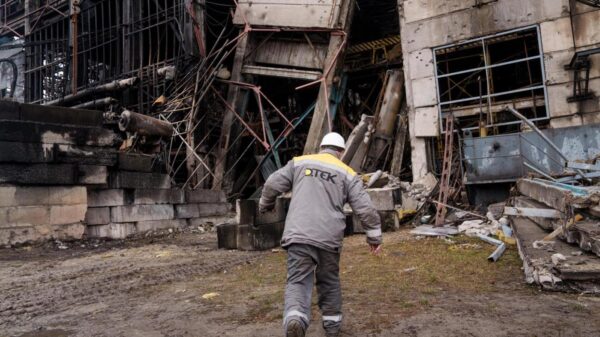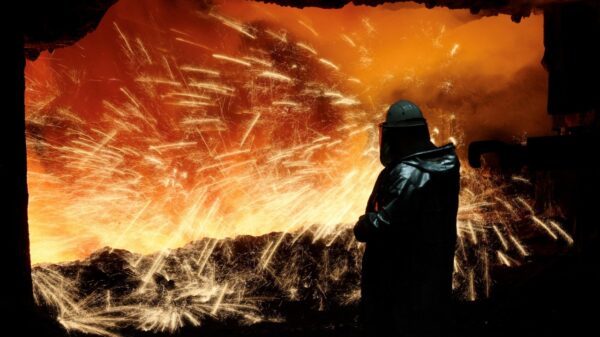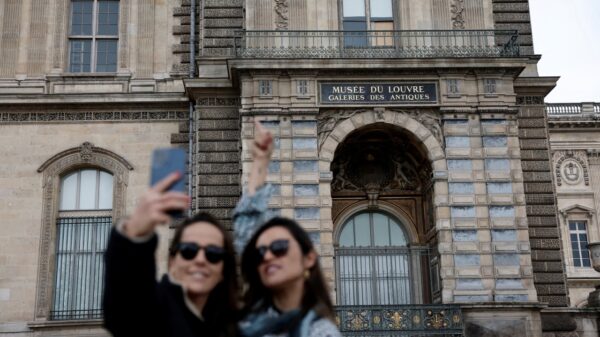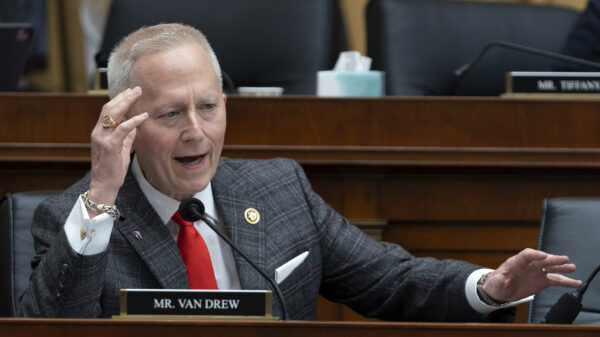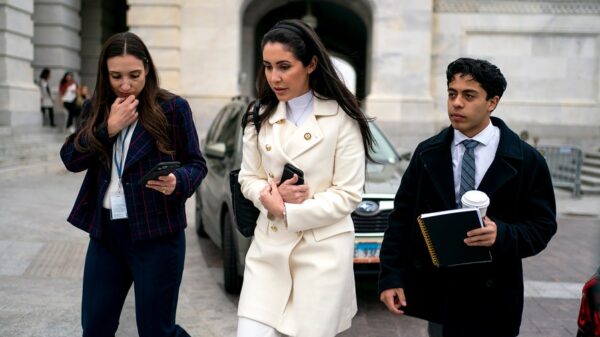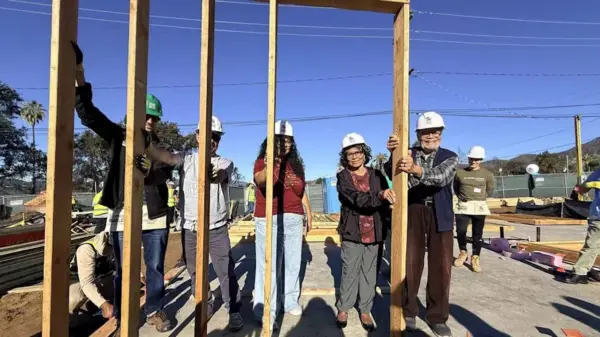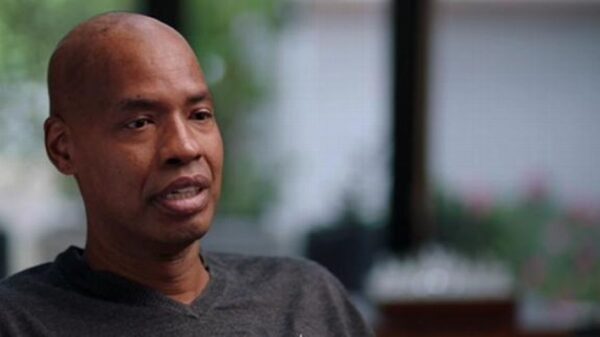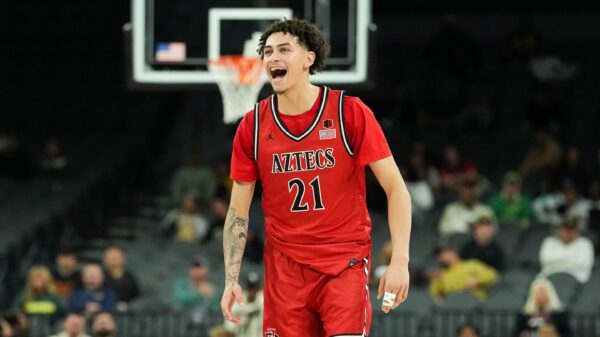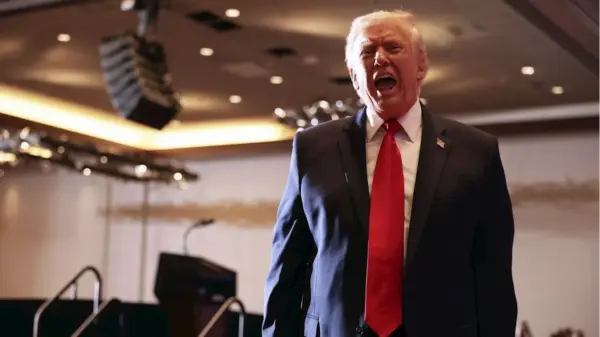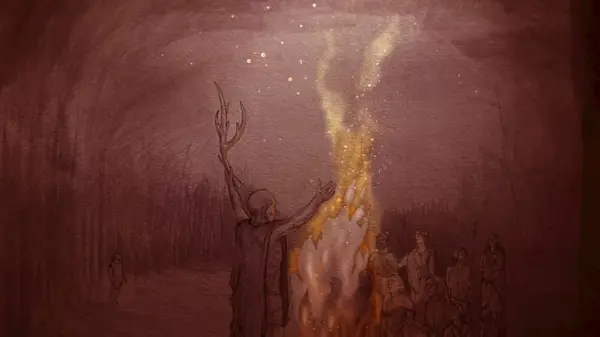In a significant shift within the wrestling landscape, several wrestlers from All Elite Wrestling (AEW) have expressed a desire to leave the promotion in favor of opportunities with World Wrestling Entertainment (WWE). This trend marks a considerable change from AEW’s earlier image as a liberating alternative to WWE’s restrictive environment, particularly noted during its inception in 2019.
AEW was initially celebrated for its promise of creative freedom. Former wrestler Cody Rhodes famously described it as the “Ellis Island of professional wrestling,” positioning it as a refuge for talent stifled by WWE’s stringent control. At that time, WWE was often criticized for its erratic management and for sidelining wrestlers who had built genuine connections with fans. The promotion’s creative decisions were frequently seen as detrimental, leading to an atmosphere where many felt fortunate if they received any opportunity to perform.
As AEW grew, it marketed itself as an antithesis to WWE’s approach. Wrestlers were encouraged to take ownership of their characters and stories, with promises of greater artistic expression and the chance to compete in memorable matches. The early years of AEW were characterized by a sense of optimism and potential for both wrestlers and fans alike.
However, by 2024, this perception has begun to shift. Reports indicate that wrestlers such as Fenix, Ricky Starks, and Mariah May are now seeking opportunities with WWE, which has managed to maintain a significant hold over aspiring stars despite its own criticisms. AEW has faced challenges, including claims of systemic mismanagement that have left some talent disillusioned.
The reasons behind this paradigm shift are multifaceted. AEW’s momentum has reportedly cooled, and the promotion has experienced internal issues that have affected its roster’s morale. Many wrestlers who grew up idolizing WWE are now drawn back to its established infrastructure, regardless of AEW’s initial promise of a more creative environment.
While the motivations of individual wrestlers can be difficult to gauge, body language and social media activity often provide hints at their level of satisfaction. Some wrestlers have openly shared their frustrations, signaling a disconnect between AEW’s initial vision and the current reality.
This evolving dynamic raises questions about AEW’s future and its ability to retain talent. As competitors in the wrestling world continue to adapt and change, the pressure is on AEW to address the concerns of its roster. The wrestling community will undoubtedly watch closely as this situation develops, understanding that the choices of these athletes could shape the landscape of professional wrestling for years to come.


